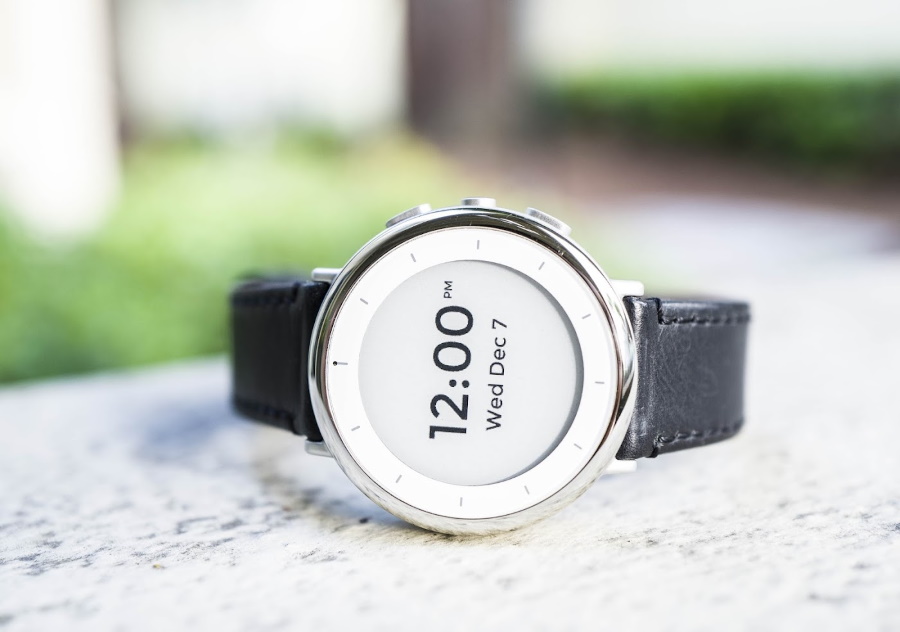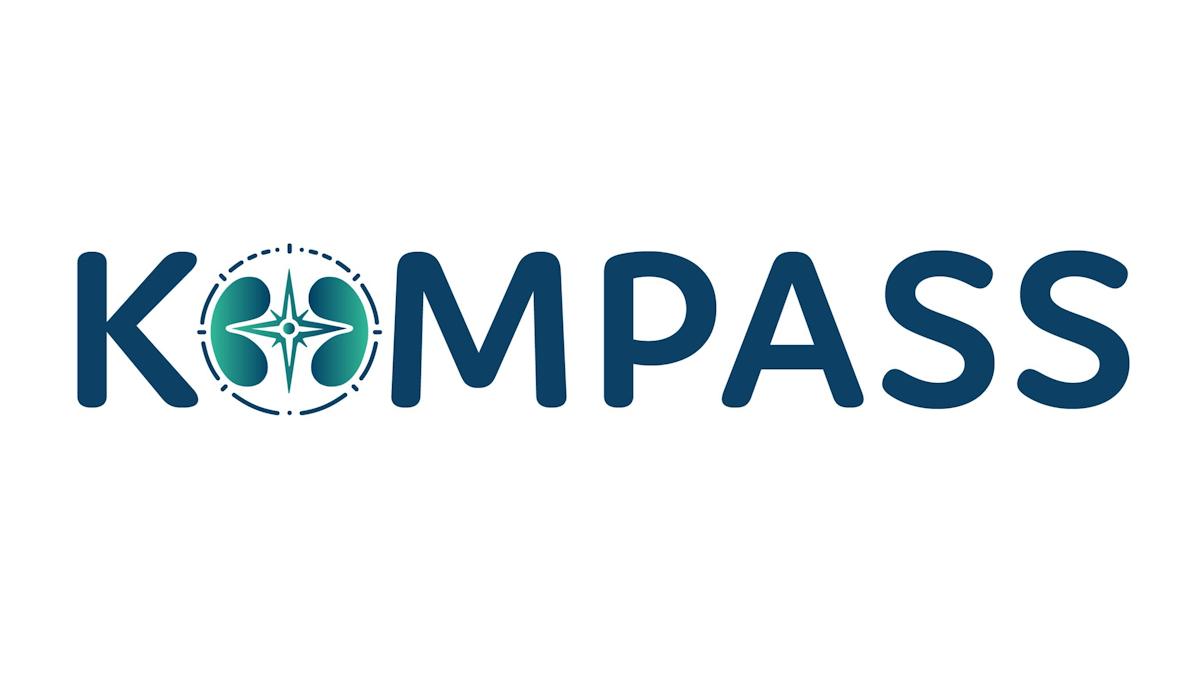Koneksa aims to answer Parkinson's-tracking challenge with AI

Healthcare technology firm Koneksa will carry out a study to evaluate whether digital biomarkers can be used to track the progression of Parkinson's disease – thanks to a grant from the Michael J Fox Foundation.
Quantitative tools for measuring progression are lacking in Parkinson's disease and other neurological disorders, with clinicians relying on subjective measures that make it harder to monitor patients, as well as develop new therapies to help them.
Koneksa is planning to apply artificial intelligence algorithms retrospectively to a database of digital data on measures like activity, gait and sleep collected from Parkinson's patients who used the Verily study watch, a wearable device used to capture physiological and environmental data.
There's no doubt that it is a challenging project. Parkinson's tends to be a highly variable illness that can progress at different rates in different patients, who will not all experience the same symptoms, and furthermore may have variations in symptoms from one day to another.
Koneksa will draw on the data from the Parkinson’s Progression Markers Initiative (PPMI), a study sponsored by the MJFF that aims to provide clinical, imaging, biological and digital sensor data to enable research into new therapies.
"Algorithms for analysing passively-acquired sensor data are a substantial gap in the digital biomarker landscape," said Chris Benko, chief executive and founder of Koneksa.
"There are no current diagnostics to detect progression in early Parkinson's or in the prodromal (pre-diagnostic) stage and identifying any predictive digital biomarkers would be a meaningful addition for patients and physicians," he added.
Other research groups are taking a different approach to the problem. One project being run by scientists at University College London and Birkbeck, University of London, in the UK is testing an app called cloudUPDRS that can be used by patients to monitor and self-report symptoms using tremor, gait, finger tapping and agility tests.
This is the second MJFF grant for Koneksa in two months, coming after it was awarded funds for a project with Northwestern University to evaluate the use of speech abnormalities as a means of tracking Parkinson's progression.













